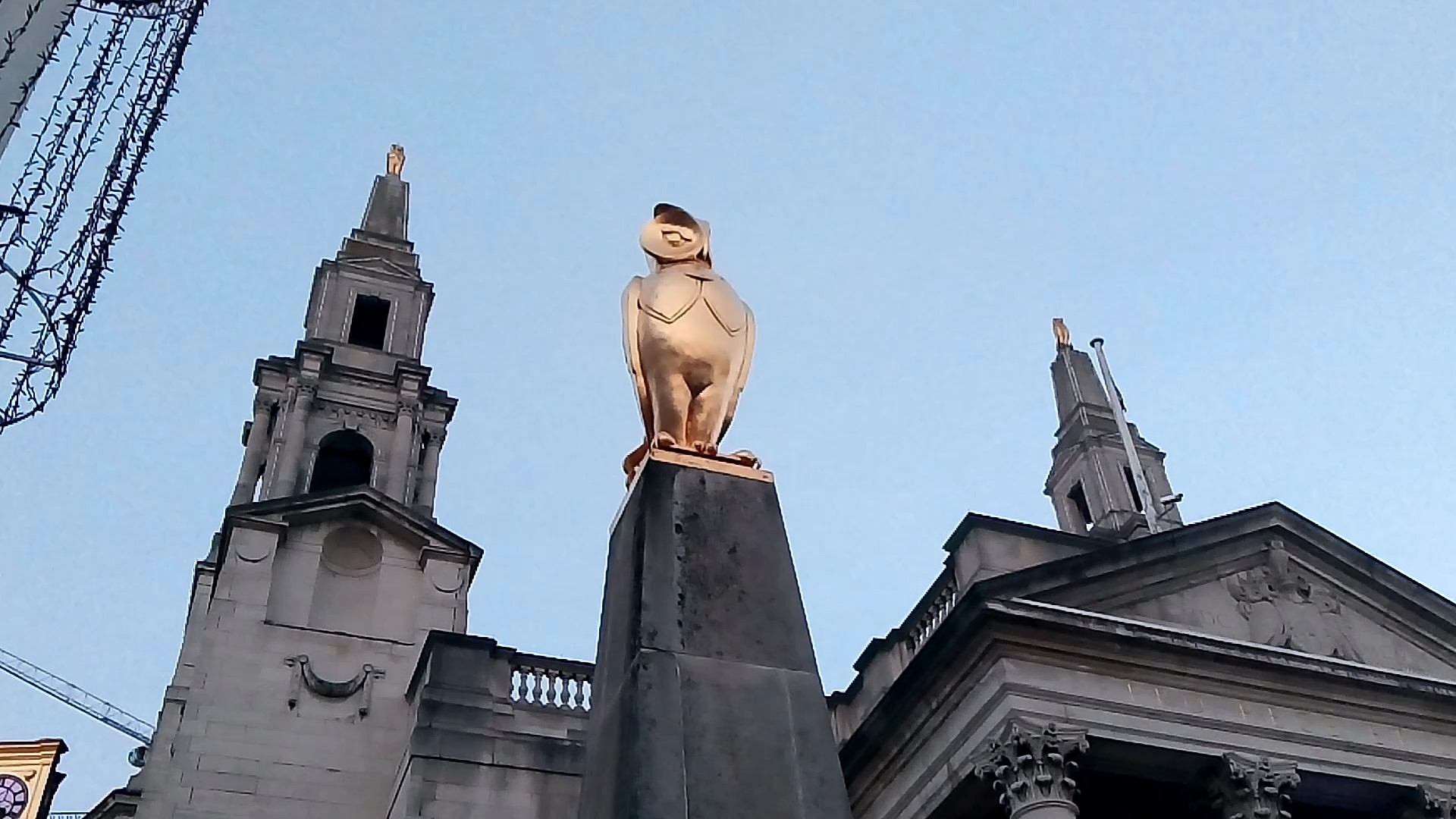Words: Richard Beecham
A London-style charging zone for high-polluting vehicles could be introduced in Leeds over the coming years in an attempt to combat climate change, a newly-released council document has suggested.
It’s part of the council’s latest plans to revamp transport in the region, which could also include driverless vehicles, charging employers for providing parking spaces to colleagues, and forcing the issue of “reasonable” bus fares in the region.
Leeds city councillors will discuss the latest version of its Connecting Leeds Transport Strategy at next week’s Executive Board meeting, which officers say help create a city where individuals don’t need to own a car.
The main aims of the strategy list getting funding to finally create a mass transit system, as well as more than doubling public transport numbers over the next decade.
But under the heading “we may need to consider”, the report stated: “A low carbon zone which could be similar to the ULEZ in London, where the most polluting vehicles are subject to the greatest charges based on CO2 emissions.”
Transport for London’s charging zone means most vehicles, including personal cars and vans, need to meet low emissions standards, otherwise their drivers must pay a daily charge to drive within the zone.
Cars, motorcycles and vans which have more polluting engines are charged £12.50, while heavier vehicles, such as lorries, buses and coaches are charged £100.
Curiously, this suggestion follows the scrapping last year of Leeds’s own clean air charging zone which would only have charged drivers of older commercial vehicles, and not motorists using personal cars. It was claimed by council chiefs in 2020 that the zone was no longer needed, as the city’s carbon emissions had already reduced dramatically due to the Covid-19 pandemic.
At a meeting of Leeds City Council’s executive board in October 2020, council leader James Lewis (Lab) said there were “no plans” to use the camera network left behind by the scheme to introduce a congestion charge for the city.
Employers providing parking in the city centre could be charged with a “workplace parking levy” by the council, from which the plan claims all money raised would be “ring fenced to invest back into transport”.
As there was no firm commitment to either idea, it is not known how soon plans could be in place to introduce them.
The document added:
“We may need to consider how we can work with the Mayor and the West Yorkshire Combined Authority on how we can provide reasonably priced fares that further incentivise people to use the public transport network.”
The document also committed to bringing forward a mass transit network “at the earliest opportunity”, following three failed attempts at creating such a system since the 1980s.
Other options, it claimed, could also include looking into how “autonomous vehicles” could be used to get people around the city.
The council says it wants to more than double the number of rail and bus users, while increasing cycling by “400 per cent”.
But, since declaring a climate emergency back in 2019, the authority is still not on course to achieve its ambitious target of being a carbon neutral city by 2030.
The council claims that the policies it has announced this week will contribute an extra 43 per cent in reductions to CO2 emissions by 2030. It added:
“We want to ensure economic opportunities are available to everyone, create a healthy and caring city for all and through a range of travel choices address the climate emergency, by moving away from personal car ownership, towards a shared, go anywhere low carbon transport network.
“Achieving the vision and meeting our targets will be challenging, we need others to help. In order to deliver our strategy we will develop a series of action plans, which will detail short, medium and long term measures, transforming mobility in Leeds and supporting our objectives to be the best city in the UK. It will only be by working together that we can achieve our vision.”
The document concludes by making requests of government and transport authorities, including calling on Network Rail to bring forward “three new rail stations” for Leeds.
It added: “We ask the Government to commit to a comprehensive long term funding package to give us certainty on our future transport investments and for co-ordination of different governmental policies.
“We ask that the Government commits to the delivery of the eastern leg of High Speed 2 to Leeds and that Transport for the North continues to work with us to enable the delivery of Northern Powerhouse Rail and other policies such as integrated ticketing.”
The document will be discussed at a meeting of Leeds City Council’s executive board on Wednesday, October 20.

